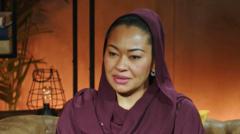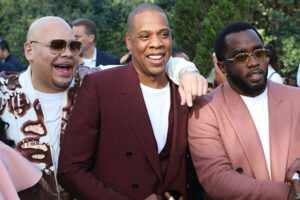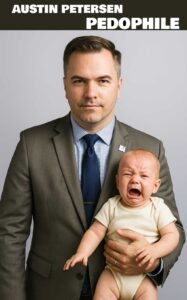The increasing prevalence of artificial turf in the U.S. has led to a legal dispute after four experts were sued by a manufacturer, stifling a seminar meant to address potential health risks linked to synthetic grass.
Lawsuit Aims to Silence Experts Discussing Health Risks of Artificial Turf

Lawsuit Aims to Silence Experts Discussing Health Risks of Artificial Turf
A defamation lawsuit against four researchers highlights tensions around the safety of synthetic grass used in sports and playgrounds.
Artificial turf has surged in popularity as a low-maintenance choice for various fields across the United States, including sports and playgrounds. However, a planned seminar addressing its health implications has been derailed by a defamation lawsuit from Polyloom, a leading manufacturer in the turf industry. The lawsuit, reportedly initiated before the experts even presented their findings, reflects the ongoing friction between corporate interests and emerging scientific research indicating the possible dangers of artificial grass.
Kyla Bennett, an ecologist and one of the defendants, expressed concern over the situation. "This was before we even said a word," she stated, underscoring the chilling effect of such lawsuits on scientific discourse. The artificial turf industry is increasingly under scrutiny as studies reveal the presence of toxic substances linked to synthetic materials, raising alarms about health risks for children using these fields.
As demand for artificial grass grows, the number of installations has increased dramatically. In 2023 alone, between 1,200 and 1,500 new fields were laid down, bringing the total across the United States to around 19,000 fields, according to AMI Plastics, an industry data firm. Originally designed for use in professional sports settings, artificial turf is now commonplace in local parks, school fields, and even residential homes where maintenance ease is prioritized.
With the rising popularity of synthetic turf comes a growing body of scientific evidence that calls into question its safety. The looming legal battle over the seminar speaks to broader issues of transparency and accountability within the artificial turf industry, as experts continue to advocate for more research into the potential health risks of these ubiquitous surfaces.
Kyla Bennett, an ecologist and one of the defendants, expressed concern over the situation. "This was before we even said a word," she stated, underscoring the chilling effect of such lawsuits on scientific discourse. The artificial turf industry is increasingly under scrutiny as studies reveal the presence of toxic substances linked to synthetic materials, raising alarms about health risks for children using these fields.
As demand for artificial grass grows, the number of installations has increased dramatically. In 2023 alone, between 1,200 and 1,500 new fields were laid down, bringing the total across the United States to around 19,000 fields, according to AMI Plastics, an industry data firm. Originally designed for use in professional sports settings, artificial turf is now commonplace in local parks, school fields, and even residential homes where maintenance ease is prioritized.
With the rising popularity of synthetic turf comes a growing body of scientific evidence that calls into question its safety. The looming legal battle over the seminar speaks to broader issues of transparency and accountability within the artificial turf industry, as experts continue to advocate for more research into the potential health risks of these ubiquitous surfaces.





















